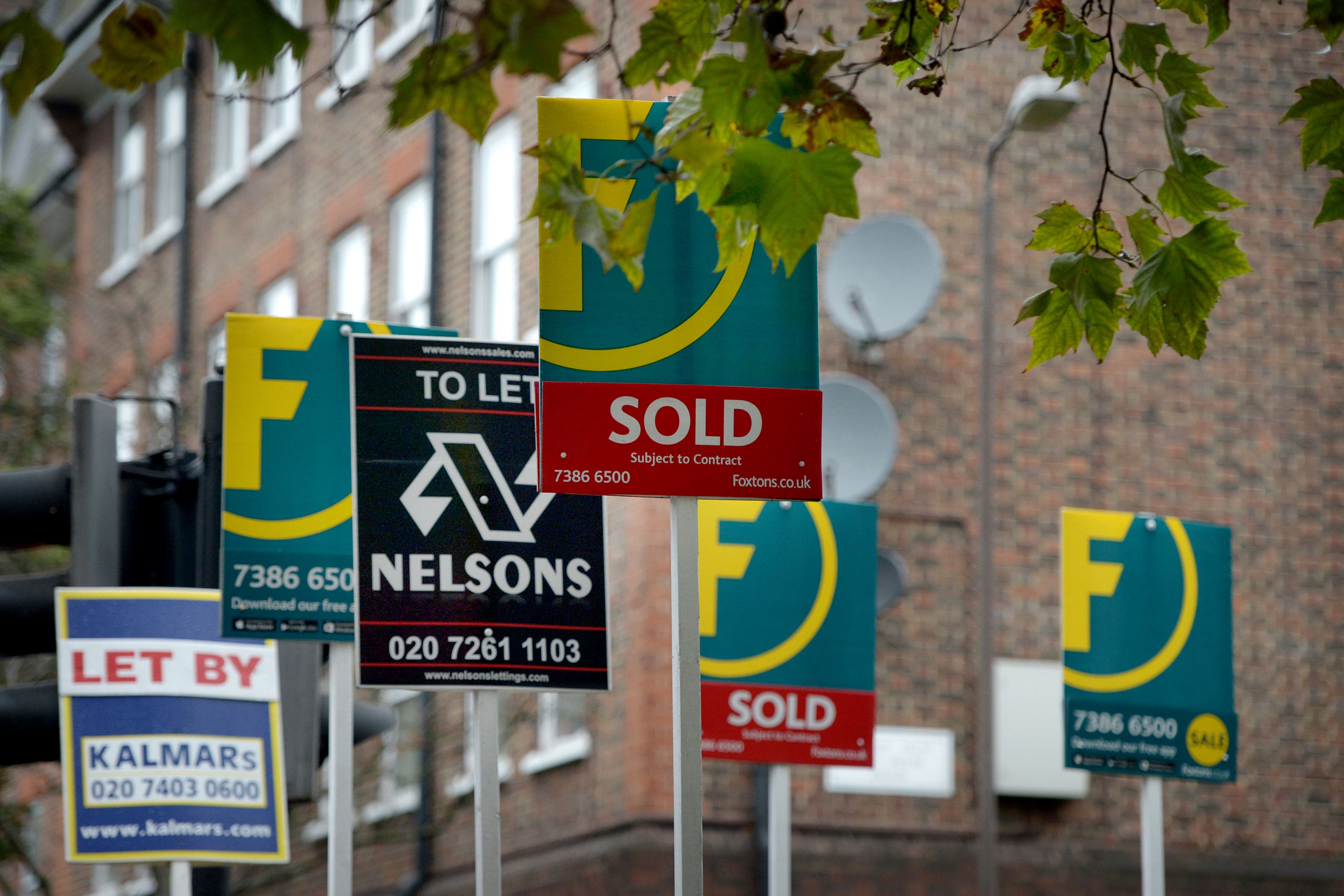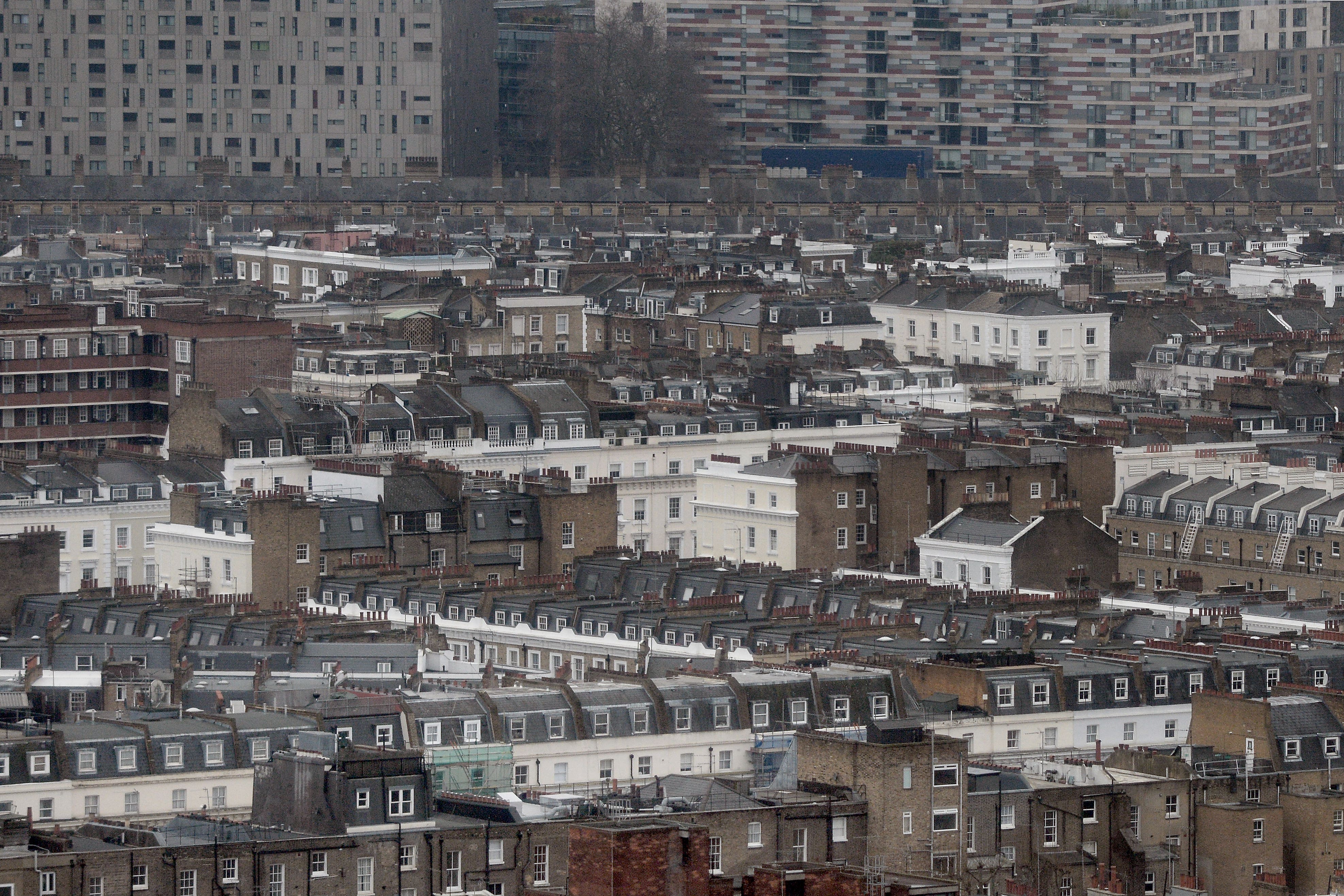Mapped: The areas where rent has gone up the most in the UK
West Midlands see biggest quarter on quarter rise as price up again across the country

Your support helps us to tell the story
From reproductive rights to climate change to Big Tech, The Independent is on the ground when the story is developing. Whether it's investigating the financials of Elon Musk's pro-Trump PAC or producing our latest documentary, 'The A Word', which shines a light on the American women fighting for reproductive rights, we know how important it is to parse out the facts from the messaging.
At such a critical moment in US history, we need reporters on the ground. Your donation allows us to keep sending journalists to speak to both sides of the story.
The Independent is trusted by Americans across the entire political spectrum. And unlike many other quality news outlets, we choose not to lock Americans out of our reporting and analysis with paywalls. We believe quality journalism should be available to everyone, paid for by those who can afford it.
Your support makes all the difference.The West Midlands saw the biggest increase in rental prices in the third quarter of this year as average costs across the country rose again to reach record levels.
Average advertised rents outside of London rose to record levels for the 15th quarter and were 10 per cent higher than a year ago at £1,278, according to property website Rightmove.
In the West Midlands, the average rent was £1,132 per calendar month (pcm). This was up 4.6 per cent on the previous quarter, with a year-on-year increase of 11 per cent.
London saw the lowest QoQ rise at 2.4 per cent, although rents in the capital remain well above those in the rest of the country - £2,627 - and are an eyewatering 12.1 per cent higher than last year.
Estate agents said a “lack of supply” in the housing market and “strong wage growth” had fuelled the rise in prices.
The average rental property across Britain is receiving 25 inquiries from prospective tenants to letting agents, compared with eight on average in pre-pandemic 2019, the website added.
The data measures the total number of inquiries by phone and email sent from would-be tenants to agents.
Rightmove said that while the demand it is seeing in the rental sector remains significantly higher than pre-pandemic levels, it has eased compared to last year.
Luton, about 30 miles north of London, had the hottest property market in Q3 2023, according to the figures, which showed prices there have increased by a staggering 23.6 per cent or £200 pcm.
Loughborough, Preston, Harlow, Slough and Bolton were among the other rental ‘hotspots’ where prices had increased the most.
Dominic Agace, chief executive of leading estate agents Winkworth, with over 100 offices nationwide, including over 60 in London, said: “I am not surprised by the Rightmove findings.
“The rental sector has become caught up in electioneering. The lack of supply is caused by increased intervention by the government and tax changes.

“A healthy rental sector is crucial to the success of a city to attract young professionals. We are hearing stories of families squeezing into smaller properties because that’s all they can afford.
He added: “We need people to be able to be where they need to live for work in a place that’s suitable for them.
“There is a move towards build to rent properties, which are institutionally owned, but these are not available yet to meet the current demand. We need the government to take some quick action and reverse the tax measures to encourage landlords.”
Lucian Cook, head of residential research at Savills, said: “While current rental growth has been supported by strong wage growth, it fundamentally reflects a disconnect between demand and supply in the lettings market, itself driven by the affordability pressures faced by prospective first-time buyers on the one hand and buy-to-let landlords on the other.
“That disconnect alone suggests we will see further rental growth over the course of the next 12 months, further stretching the household finances of those in the private rented sector.”
Join our commenting forum
Join thought-provoking conversations, follow other Independent readers and see their replies
Comments